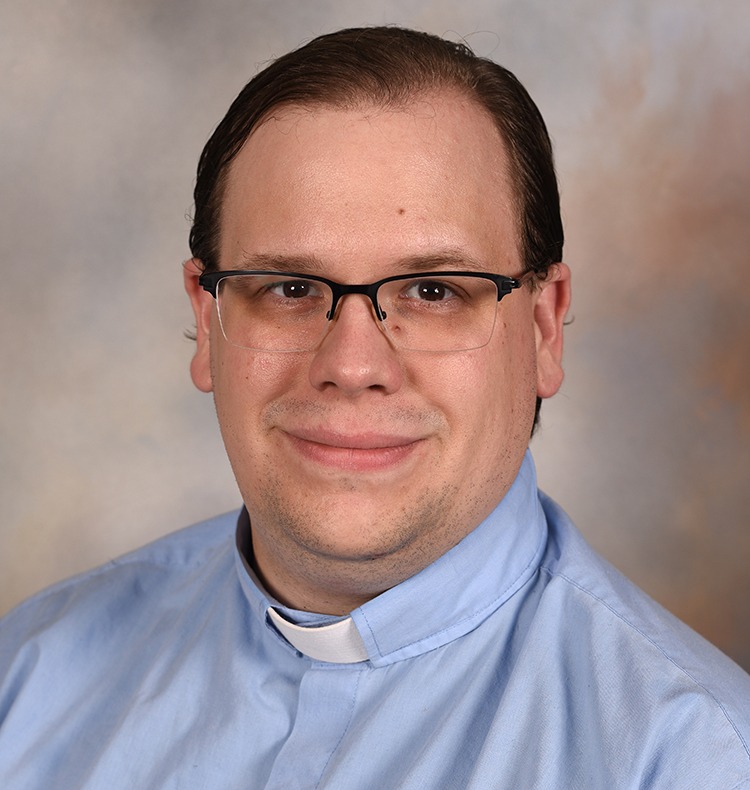Turning Early Frustrations Into A Ministry Path
Understanding his own dyslexia identification has helped Poetry UMC pastor succeed in life, church
David Owsley, a local pastor at Poetry UMC, will be graduating in December with his Master of Divinity from TCU’s Brite Divinity School. The road to get to this point, however, was not always easy.
When he was in second grade, Owsley was identified with dyslexia. Getting through school was difficult but with the support of an encouraging family, he succeeded.
“Because of the dyslexia, I’ve been able to look at things with a different perspective,” Owsley said. “It allows me to see things differently than other people and the way I get there may be different.”
 October is Dyslexia Awareness Month and brings attention to a language-based learning disability that, according to the International Dyslexia Association, affects 15 to 20 percent of the population.
October is Dyslexia Awareness Month and brings attention to a language-based learning disability that, according to the International Dyslexia Association, affects 15 to 20 percent of the population.
When he began attending college, Owsley learned about the Americans with Disabilities Act and protections he had. This is when he learned to self-advocate.
“I have to advocate for myself,” he said. “My professors are very open to having conversations to make sure I am successful.”
He wanted to help others learn how to self-advocate. That’s when he started a group for what he terms neuro-divergent and body-divergent at TCU. Members of the group have visible and invisible disabilities such as autism, mental health issues, learning issues and physical issues.
Owsley, like many others identified with dyslexia, has learned to use technology as a tool. Dictation software and audiobooks make writing and reading less frustrating.
In her book Overcoming Dyslexia, author Sally Shaywitz describes dyslexia as “an unexpected difficulty in reading in an individual who has the intelligence to be a much better reader. While people with dyslexia are slow readers, they often, paradoxically, are very fast and creative thinkers with strong reasoning abilities.”
Owsley exhibited this from an early age.
“I had all these difficulties reading and writing, but my teachers knew I was intelligent,” Owsley said. “I knew I was intelligent, but I also struggled with these basic things. I would have loved to communicate through reading and writing.”
Owsley was fortunate. His father taught eighth grade, so he knew something was different about David. His parents sought to get him services through the school district.
Individuals with dyslexia can be taught to read through specialized instruction. Evidence-based multisensory literacy instruction has been shown to help students learn to read. The instruction uses the five senses and repetition to reroute the neurological pathways to help the student learn to read.
During his elementary years, Owsley was frustrated, which led to anger and resentment. When he was 13, Owsley remembers a turning point when his family found a remediation program that worked for him.
“My family had the money and ability to do this [program],” Owsley said. “It allowed me to be more successful but not a lot of people have access. I’ve had some good teachers and some bad. Quality education through the school helped.”
It’s taken Owsley a long time to come to terms with his dyslexia but now says he – and his ministry – are better because of it.
“I don’t know what I would be without it or who I would be,” Owsley said. “I love who I am and know how I’m valuable.”
Published: Wednesday, October 2, 2019
